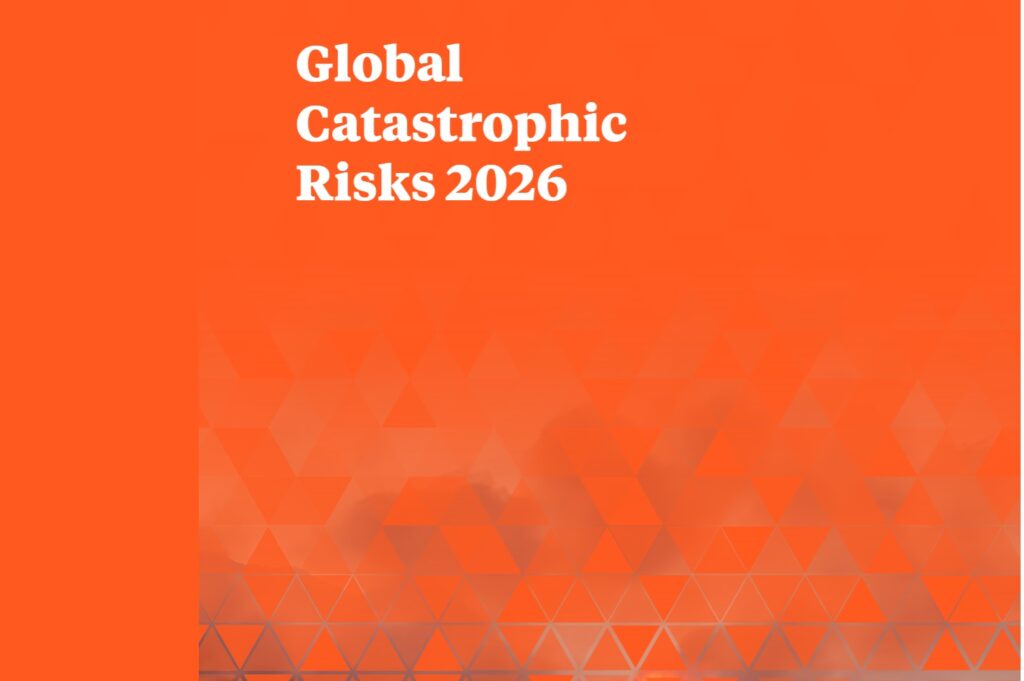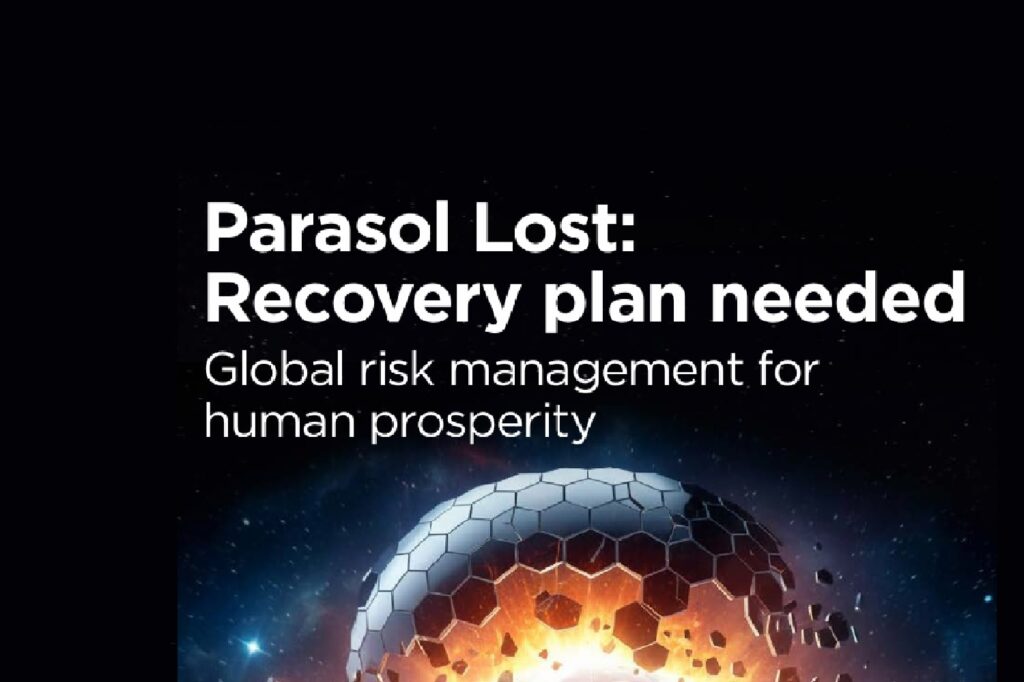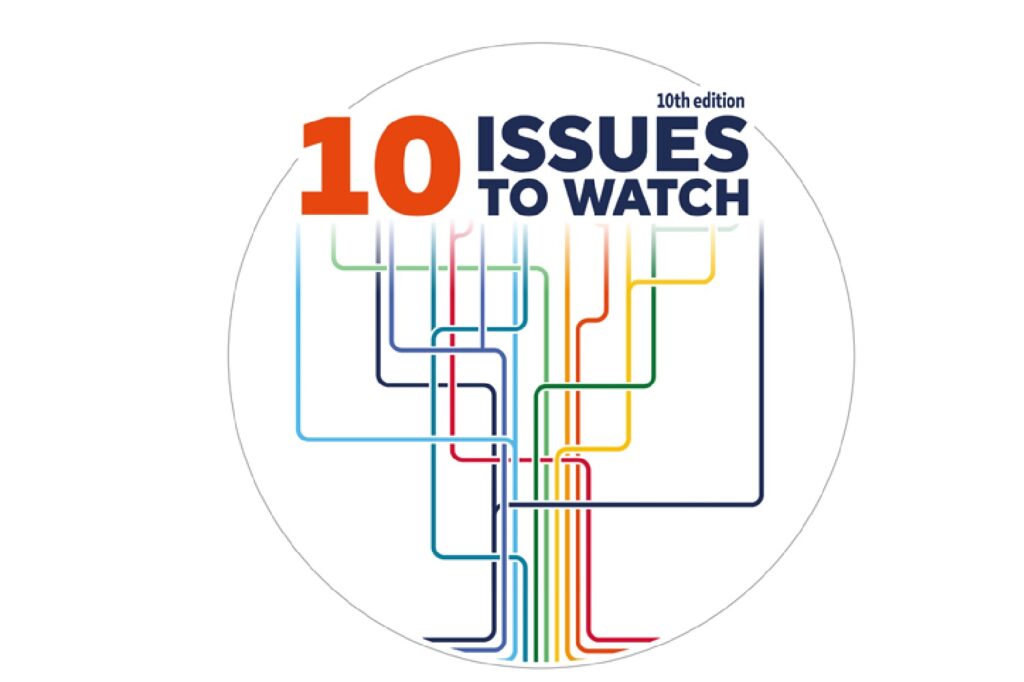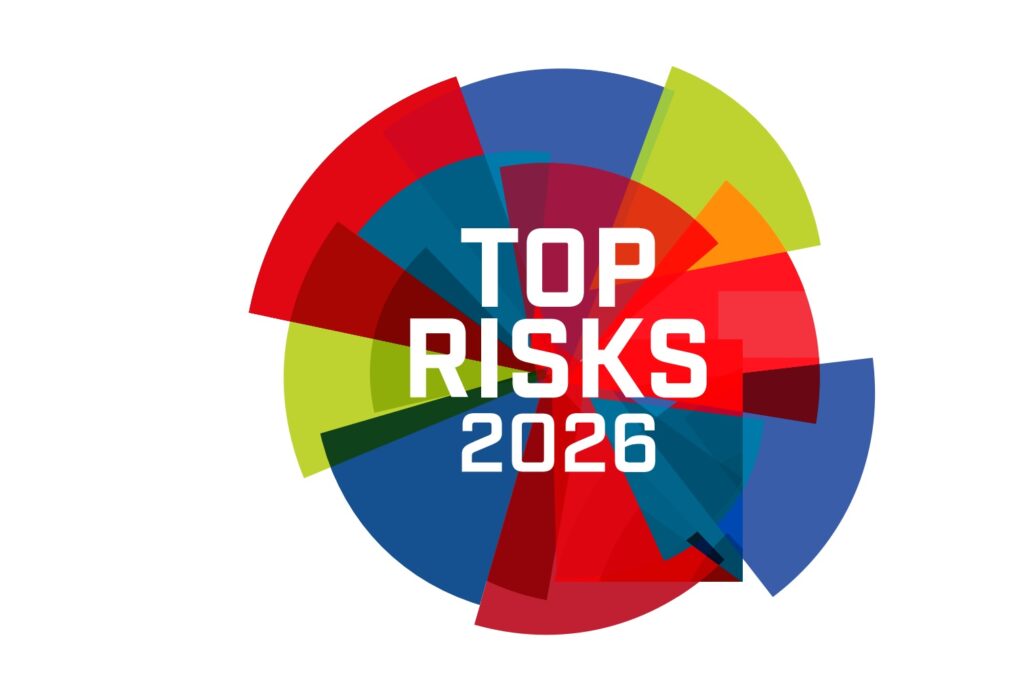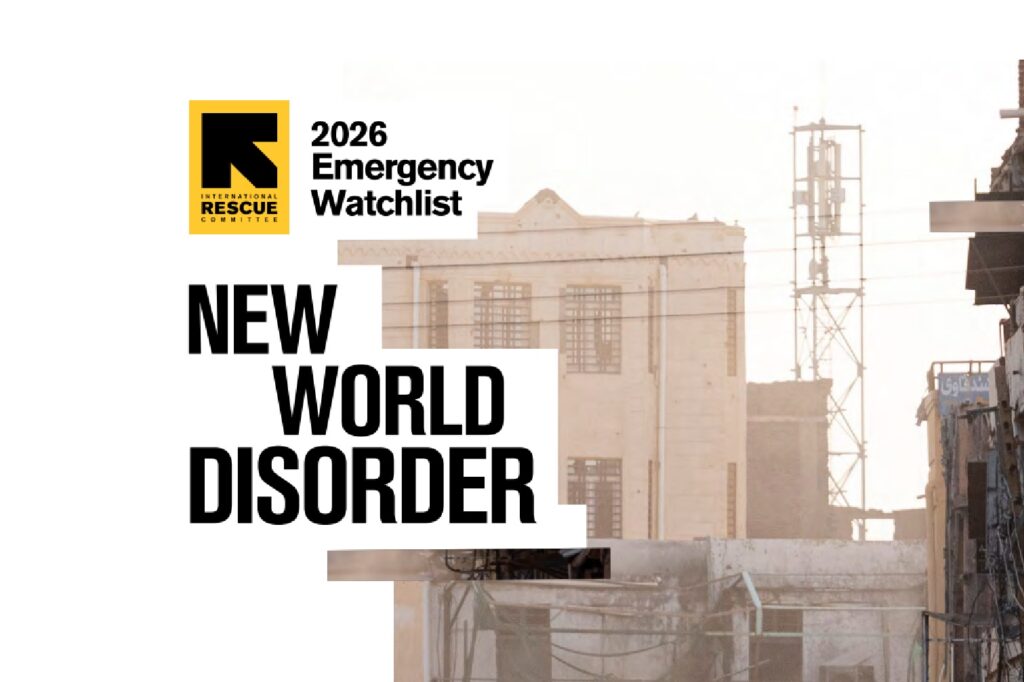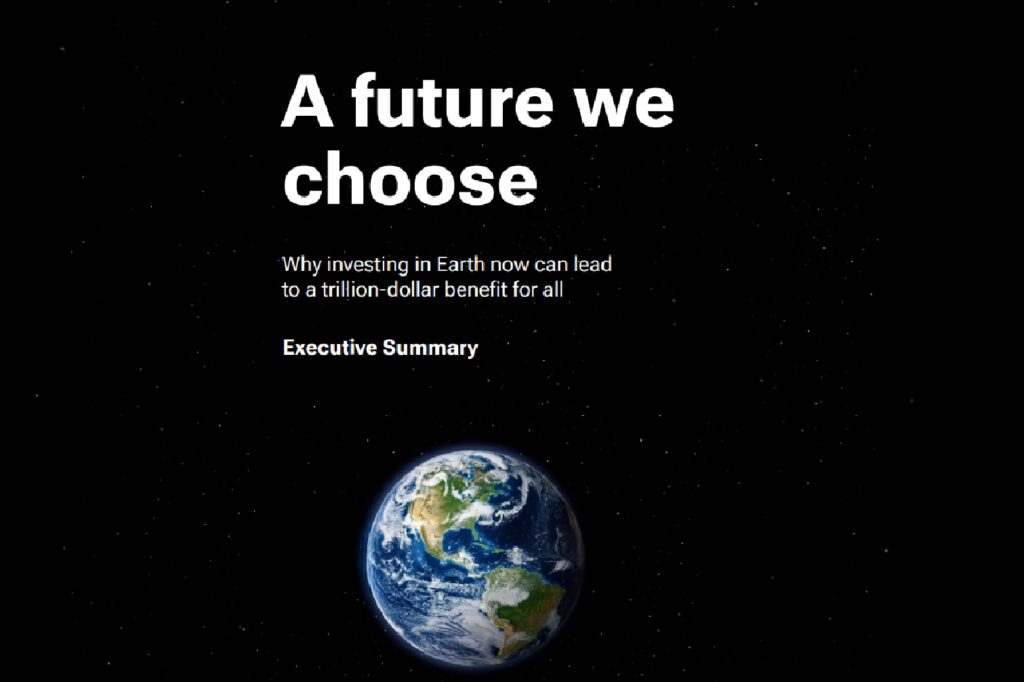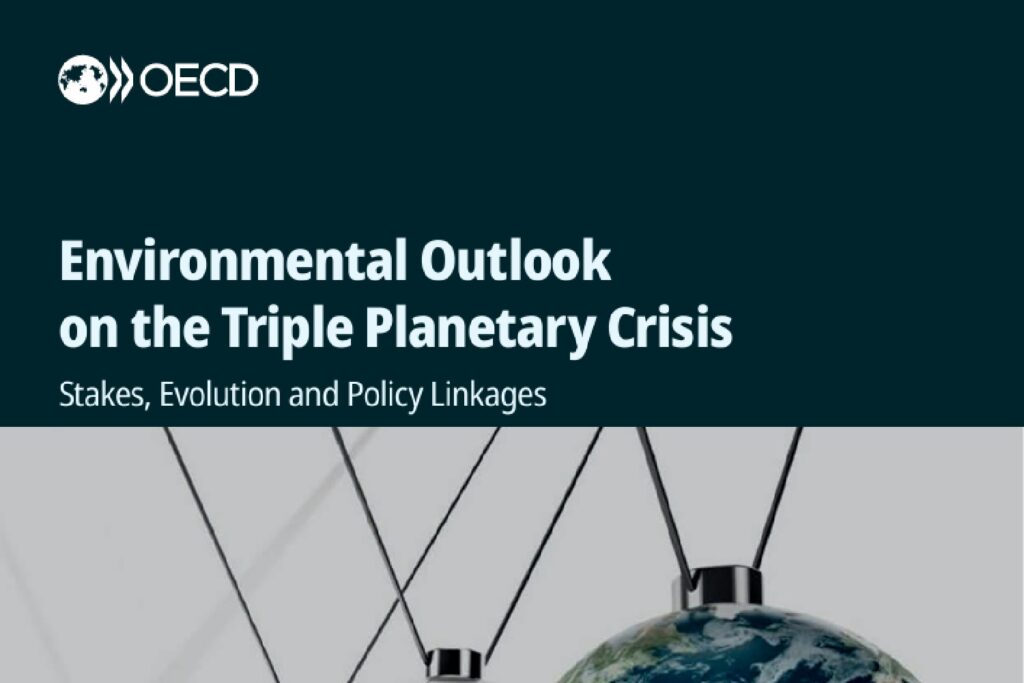Global Catastrophic Risks 2026
This report presents the Global Challenges Foundation’s assessment of the most pressing catastrophic risks facing humanity today. It identifies five key threats: catastrophic climate change, ecological collapse, weapons of mass destruction, the use of AI in military decision-making, and near-Earth asteroids. The report highlights how these risks are becoming increasingly interconnected, accelerating and reinforcing one […]
Global Catastrophic Risks 2026 Read More »

